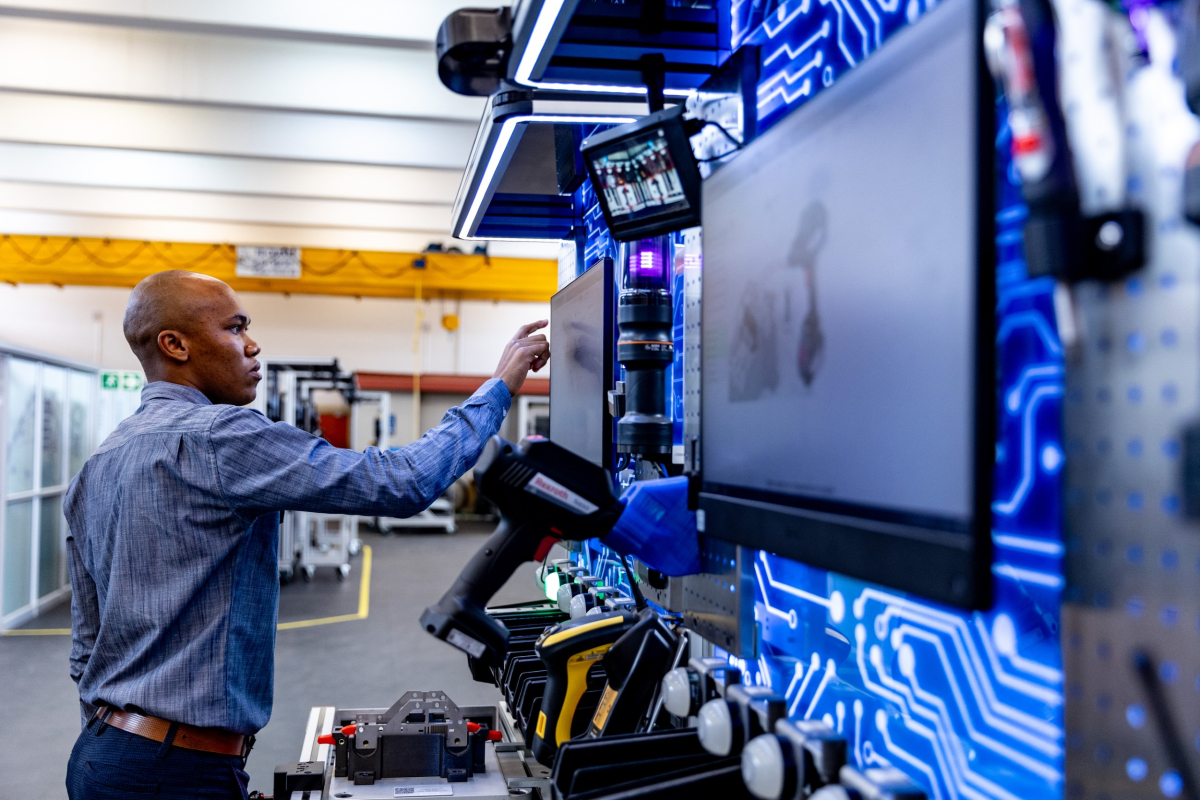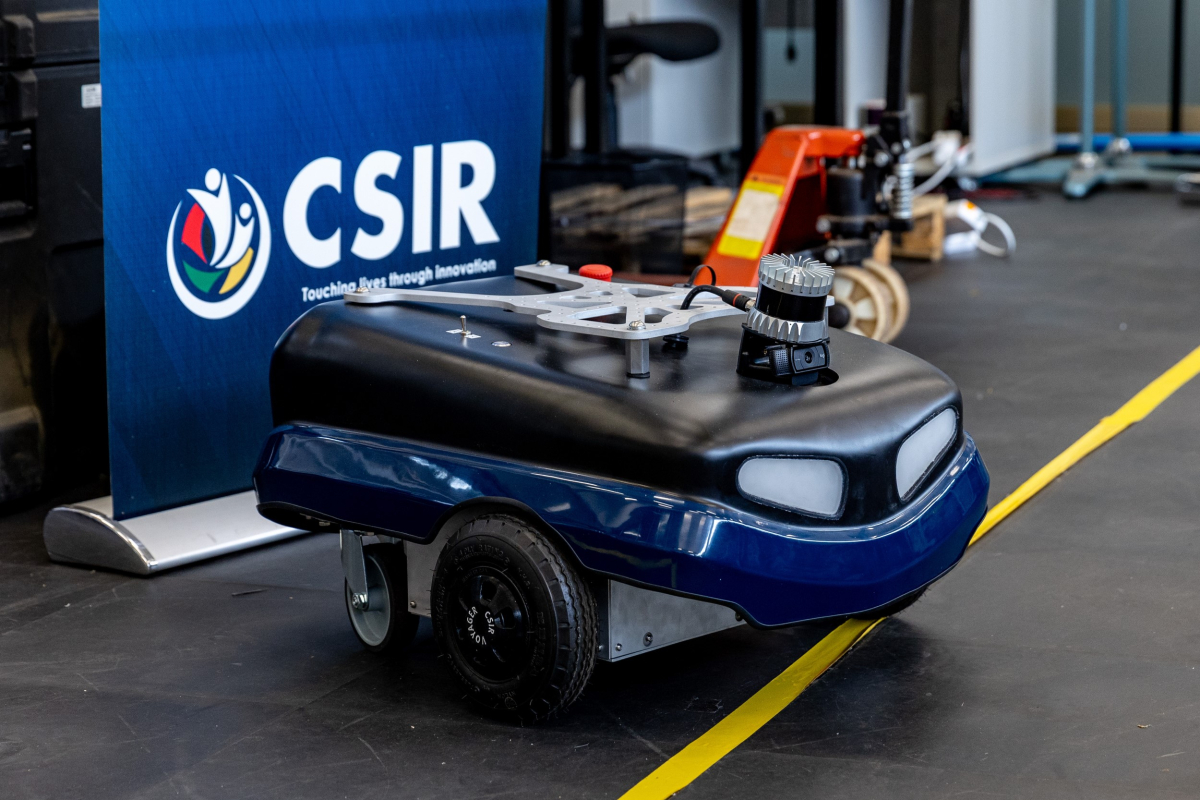FACILITY TOURS
On Friday, 10 October 2025, the CSIR will be offering guided tours of selected on-campus facilities at its campus in Pretoria. These facilities showcase cutting-edge technologies that contribute significantly to sustainable development. Areas of focus include battery and solar photovoltaic technologies, biomanufacturing, agroprocessing, nanotechnology, materials science and digital technologies, such as robotics.
All tours are fully booked, registration is no longer possible.
Overview
FRIDAY, 10 OCTOBER 2025 | 09:00 – 11:00
22 spots available per tour
- Tour option 1: CSIR Indoor Energy Storage Testbed and CSIR Solar Photovoltaic Quality and Reliability Laboratory
- Tour option 2: The CSIR Biomanufacturing Industrial Development Centre
- Tour option 3: CSIR Agroprocessing facility, including the Cannabis Research Facility
- Tour option 4: The CSIR Centre for Nanostructures and Advanced Materials and the CSIR Biodegradability Testing Facility
- Tour option 5: The CSIR Learning Factory and the CSIR Mobile Robotics Laboratory
CSIR Indoor Energy Storage Testbed
Better batteries key to the transition to renewable energy
At the CSIR Indoor Energy Storage Testbed, researchers assess the performance and reliability of batteries by measuring their storage capacity, lifecycle and depth of discharge. The facility is helping to build capacity within the South African battery industry and helps improve overall market knowledge.
The testbed was established under the World Bank’s Energy Storage Partnership, recognising that many countries are undergoing energy transitions driven by the increased use of wind and solar power. Energy storage is essential for integrating these renewable resources into national grids. The laboratory was set up in partnership with VITO (Vlaamse Instelling voor Technologisch Onderzoek), a research institute based in Flanders, Belgium, with support from the South African and Flemish governments.
The testbed primarily focuses on the performance testing of lithium-ion batteries and emerging energy storage technologies for the South African and sub-Saharan African markets. It is equipped with a high-precision system for testing battery modules and packs featuring multiple channels that allow numerous batteries to be tested simultaneously under varied test cycles. The facility also includes a next-generation temperature chamber which provides data on battery performance in harsh climates — crucial for ensuring optimal performance.
CSIR Solar Photovoltaic Quality and Reliability Laboratory
Accelerated reliability stress testing of photovoltaic modules
Solar photovoltaic (PV) technology is essential for reducing reliance on unsustainable energy sources and decreasing pollution. The CSIR Solar Photovoltaic Module Quality and Reliability Laboratory ensures that only PV modules of a high standard, which are suited to South Africa's climate, are developed and installed. The laboratory supports the domestic PV industry by advancing industrial development, research, quality assurance, and human capital development.
The facility is equipped for indoor and outdoor testing and serves as a pre-qualification hub for South Africa's emerging PV manufacturing sector. It provides data-driven insights into module performance to help investors make informed decisions and mitigate the risks associated with their PV projects.
The SANAS-accredited laboratory currently offers 15 test methods aligned with international standards for PV module quality and reliability. By integrating design, construction and testing, it reduces the time it takes for locally developed components to reach the market. Beyond testing, the facility contributes expertise in system design, modelling, operations, maintenance and performance monitoring. It also plays a key role in generating and transferring knowledge through research, publishing results and training emerging researchers.
Join us to learn how South Africa is ensuring that the quality of locally used PV products is as brilliant as its sunshine.
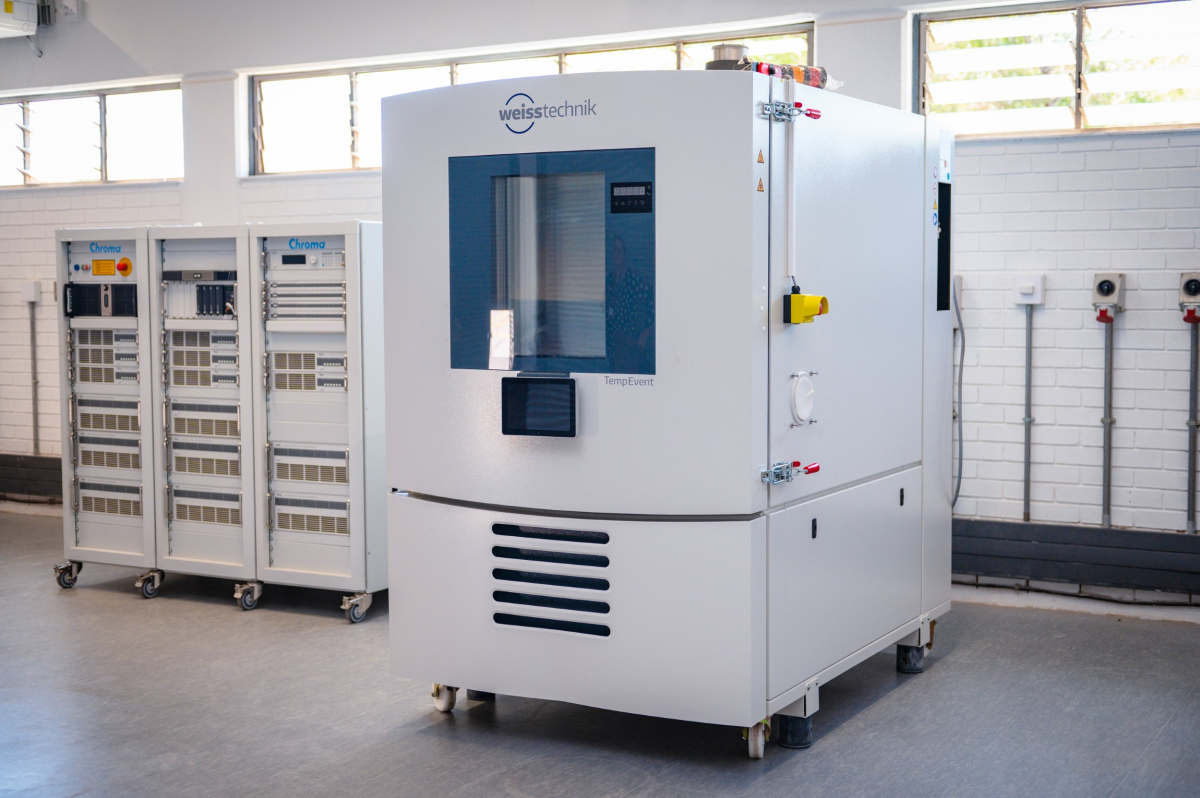
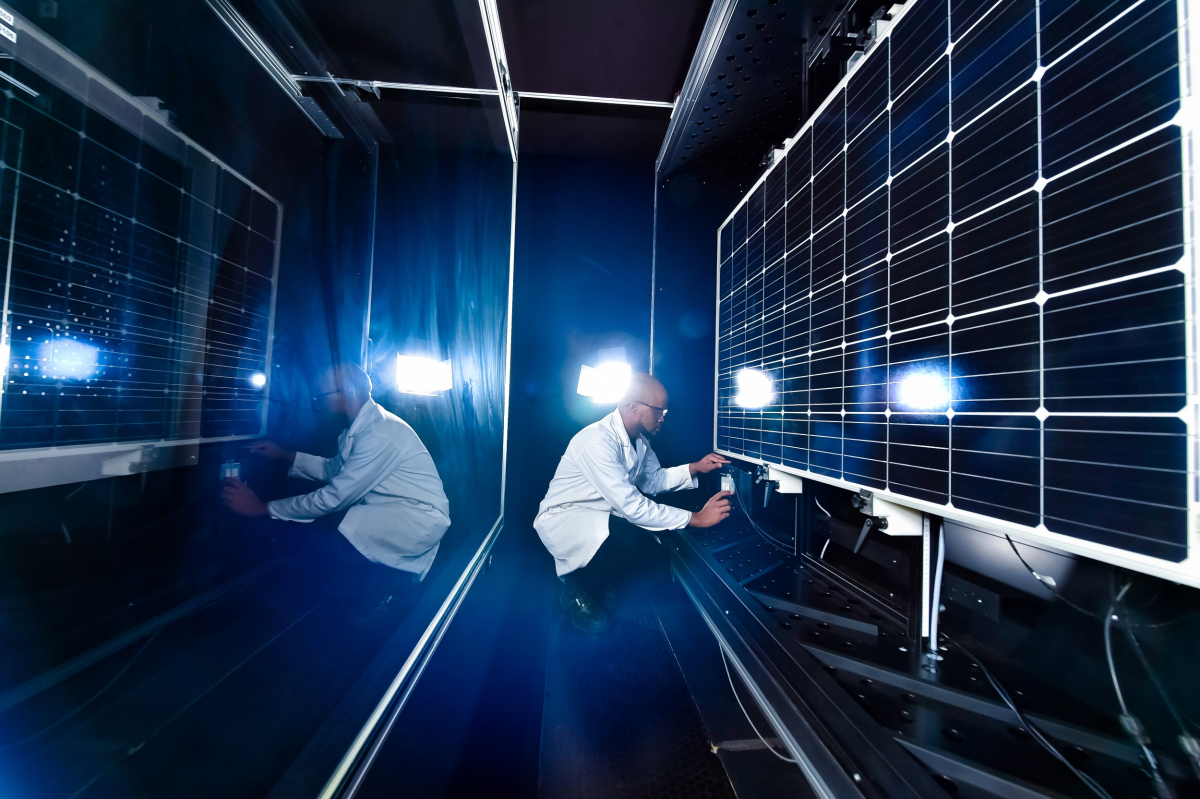
Tour option 2: The CSIR Biomanufacturing Industrial Development Centre
FRIDAY, 10 OCTOBER 2025, 09:00 – 11:00
Biotechnology-based research and development translated into environmentally friendly, market-ready products and services
In the field of biomanufacturing, researchers use microbes to produce environmentally friendly and safe products, such as plastics made from sugarcane molasses instead of petroleum-based chemicals, and pesticides and fertiliser made from insects instead of harsh chemicals. Biomanufacturing also enables the creation of bio-based products from waste streams that would otherwise pollute our air, water, and soil.
The CSIR Biomanufacturing Industry Development Centre is a hub for open innovation in biomanufacturing. It supports start-ups and small, medium and micro enterprises in developing novel biological products, specialty chemicals and related technologies. Researchers have access to laboratories specialising in molecular biology, microbiology and applied and process chemistry, as well as facilities for laboratory- and pilot-scale process development.
Join us to learn how CSIR researchers are replacing commonly used industrial biologics, nutraceutical, agricultural and diagnostic products in South Africa with sustainable alternatives produced by microorganisms.
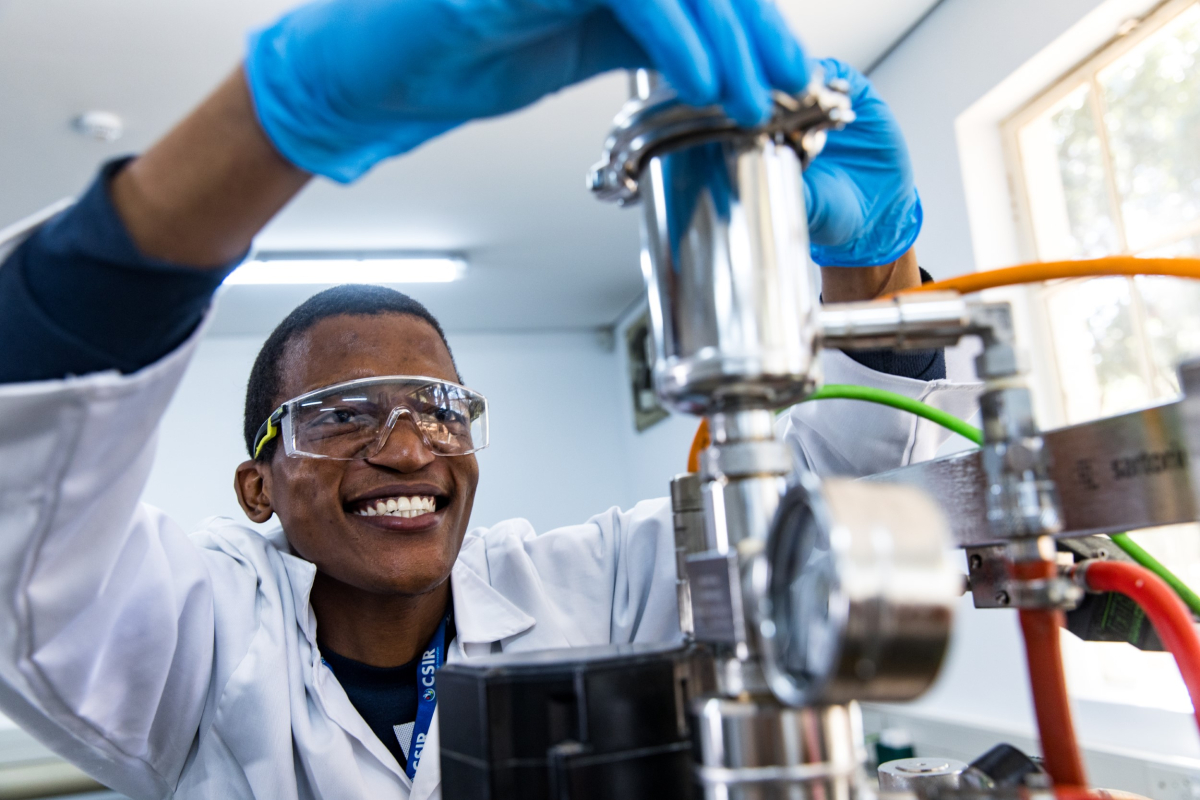
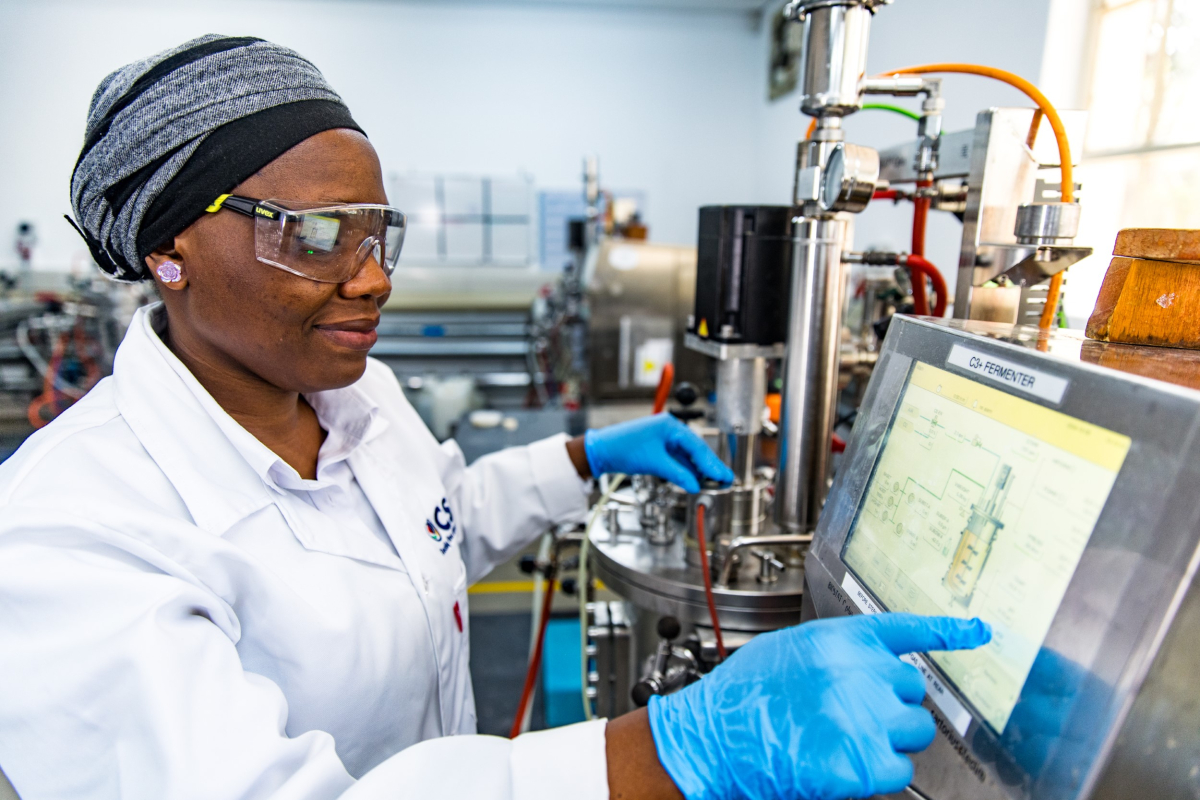
Tour option 3: CSIR Agroprocessing facility, including the Cannabis Research Facility
FRIDAY, 10 OCTOBER 2025, 09:00 – 11:00
Research adds value to agricultural products
The CSIR agroprocessing facility enhances the value of South Africa’s biodiversity by formulating high-value products such as food, cosmetics, nutraceuticals and traditional African medicines, using both indigenous and non-indigenous plants. The facility’s researchers focus on developing nutrient-rich, ready-to-eat foods, reducing post-harvest losses through processing, and creating environmentally friendly solutions for post-harvest management.
In partnership with the Tshwane University of Technology, the CSIR has also set up a cannabis research hub to support the cannabis and hemp processing industry. The hub aims to reduce the risks associated with early-stage research, development and commercialisation. Specialised services include cannabis extraction using supercritical carbon dioxide extraction, process and method development for various strains of cannabis, purification services, and training for small businesses in the cannabis and natural products industries.
Join us to learn how the CSIR's agroprocessing capabilities empower small businesses to develop high-quality,safe, efficacious, affordable and regulatory-compliant products.
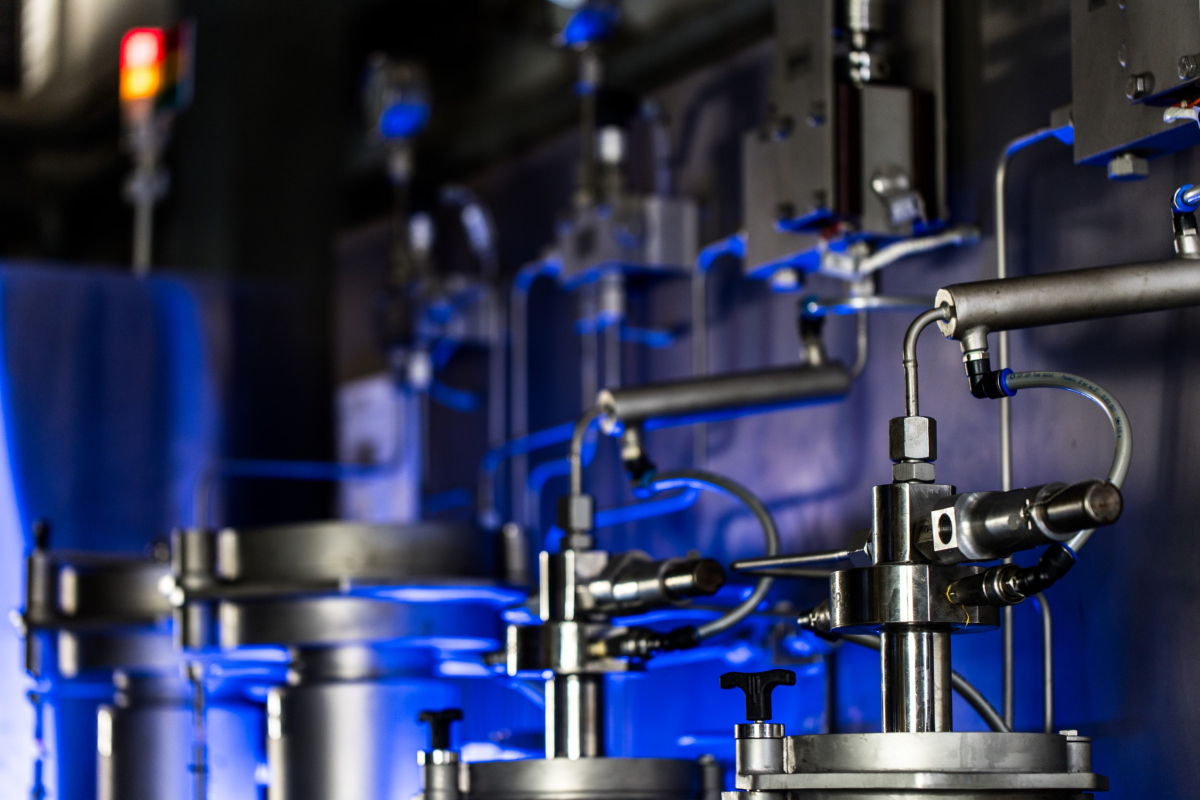
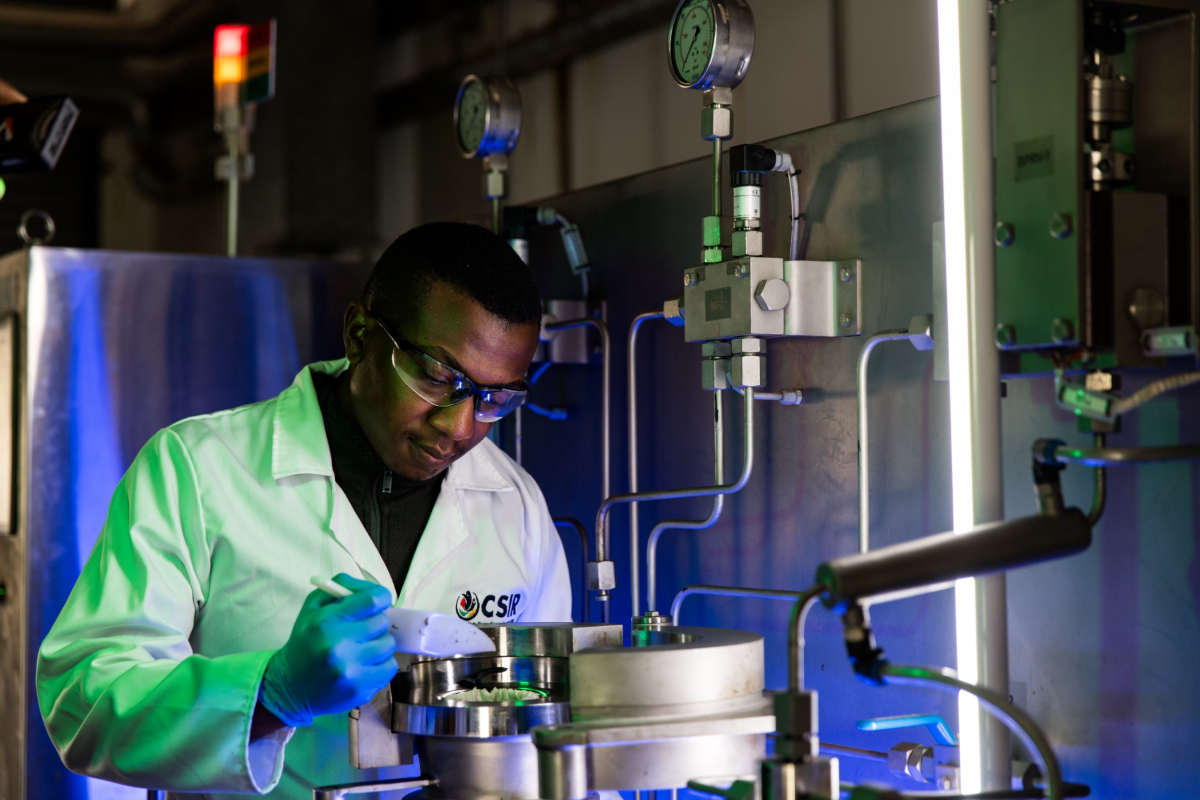
Tour option 4: The CSIR Centre for Nanostructures and Advanced Materials and the CSIR Biodegradability Testing Facility
FRIDAY, 10 OCTOBER 2025, 09:00 – 11:00
The CSIR Centre for Nanostructures and Advanced Materials
Reducing the environmental impact of waste in packaging, agriculture and other industries
CSIR materials experts use nanotechnology to manufacture and manipulate materials, improving their performance and sustainability. They create materials with improved stiffness, strength, heat resistance, reduced moisture absorption, flammability and permeability using nanocomposites. Examples of the novel materials produced include compostable food packaging, single-use biomedical kits, compostable hospital aprons and biodegradable agricultural mulches.
The process begins with the characterisation of material structures at atomic and molecular levels using advanced equipment such as microscopes. Scientists then study how changes in structure can lead to improved material properties. The CSIR researchers then assist small and established businesses in scaling nano-based innovations to industrial and commercial levels through its industrial development facility, which includes a chemical processing plant and an advanced plastic formulation and processing facility.
Join the tour to find out how advances in composite materials are reducing the environmental impact of waste in packaging, agriculture and other industries.
The CSIR Biodegradability Testing Facility
Towards environmentally sustainable, alternative plastics
The use of biobased, compostable bioplastics presents a significant opportunity to foster a more circular economy. Manufacturers are increasingly recognising the importance of sustainable end-of-life solutions for plastic and bioplastic products made from renewable resources that incorporate biobased, compostable polymers.
The CSIR Biodegradability Testing Facility tests and verifies the biodegradability of materials, including imported and locally produced products that are marketed as biodegradable and compostable.
The facility can determine the specific conditions and timeframes required for materials to biodegrade. Testing is conducted under various conditions, including aerobic (compost, soil, freshwater and marine) and anaerobic environments, according to a range of international standards.
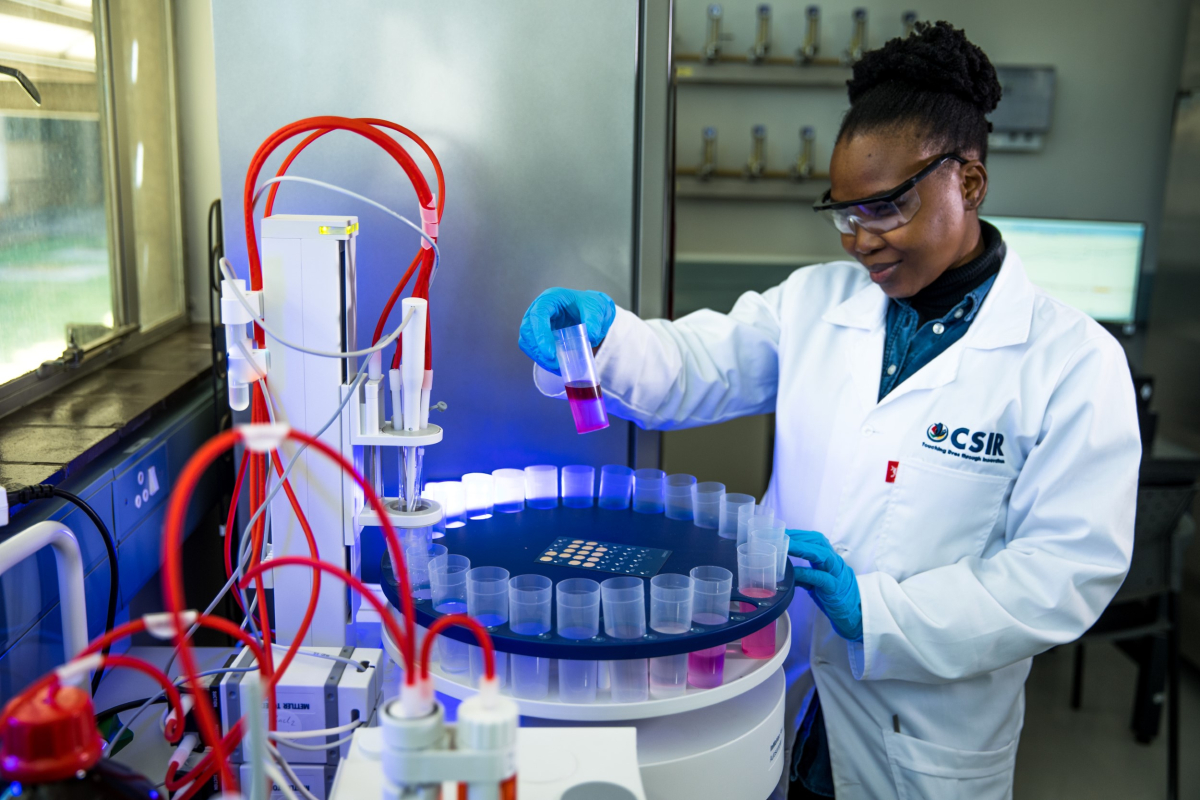
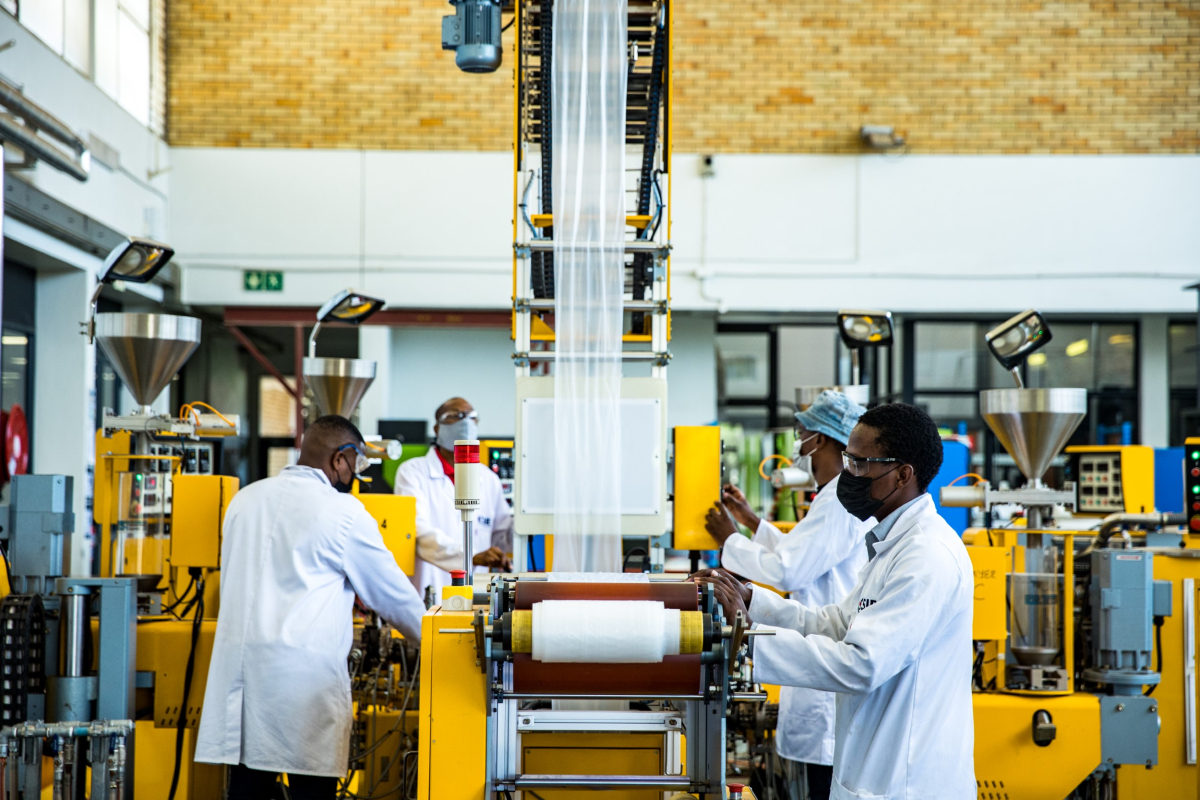
Tour option 5: The CSIR Learning Factory and the CSIR Mobile Robotics Laboratory
FRIDAY, 10 OCTOBER 2025, 09:00 – 11:00
The CSIR Learning Factory
Building 4IR skills for a digitally transformed manufacturing sector
The CSIR Learning Factory demonstrates the role of building skills in Fourth Industrial Revolution (4IR) technologies in driving digital transformation in South African manufacturing and contributing to a sustainable future.
The technologies forming part of the facility on display include:
- Collaborative robots demonstrating the integration of machine and human interaction using 4IR technologies
- 4IR production and assembly cells, highlighting human-centred automation
- Virtual reality enabling users to virtually operate industry-standard equipment
- Augmented reality highlighting the technology’s ability to accelerate learning by providing hands-on experience with interactive overlays, as well as enabling rapid prototyping and design validation
- A demonstration of the application of 4IR technologies in a home environment illustrating how these advancements enhance everyday living by enabling real-time monitoring of electricity usage and providing insights into energy consumption patterns to promote energy efficiency
The CSIR Mobile Robotics Laboratory
Autonomous robotics for safer, smarter environments
In the robotics laboratory, we will showcase state-of-the-art robotic solutions that enhance safety, security and automation. These solutions contribute to a sustainable and technologically advanced future.
Our researchers will present an autonomous security and surveillance robot designed for perimeter monitoring and security patrols. This demonstration highlights the role of advanced robotics in enhancing safety and security, a key factor in building resilient communities. They will also demonstrate the added value of different capabilities, such as three-dimensional mapping, localisation, camera-based navigation and gesture control.
